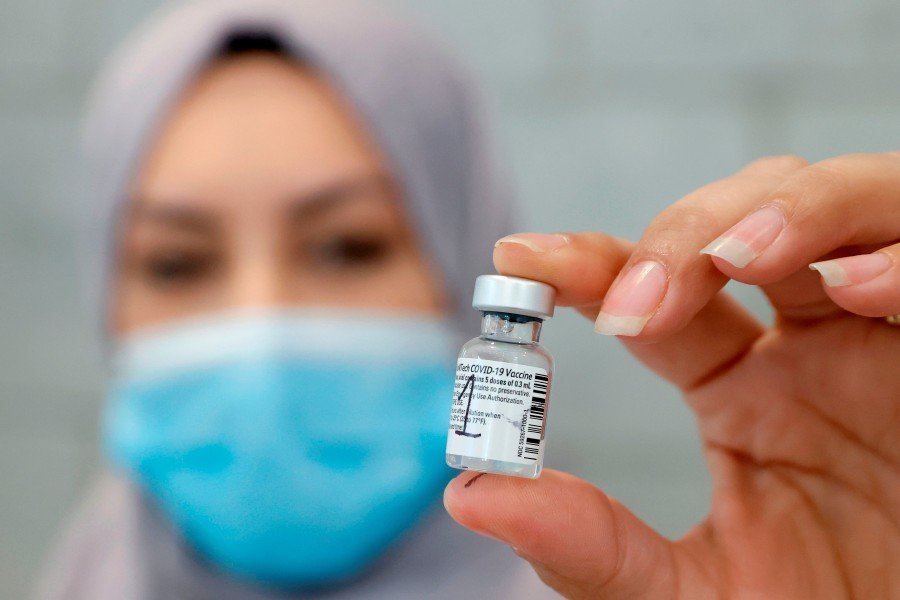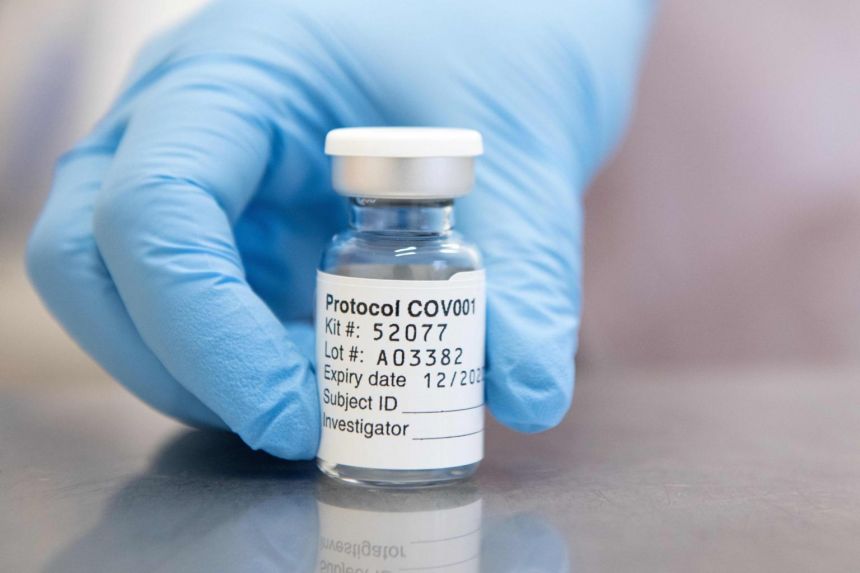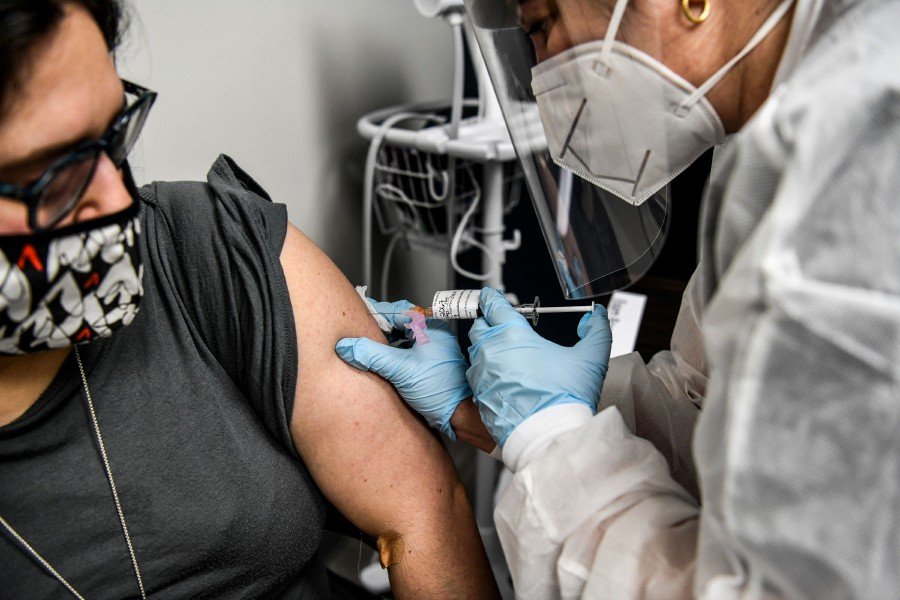Here's How The COVID-19 Vaccines Will Be Distributed In Malaysia
The first vaccines are expected to arrive in Malaysia by the end of February.
With the first two COVID-19 vaccines set to arrive in Malaysia, the government has announced more details regarding its distribution and administration in the country
In a press conference on Tuesday, 5 January, Science, Technology, and Innovation Minister Khairy Jamaluddin said the Pfizer-BioNTech vaccine is expected to arrive in Malaysia by the end of February and the Oxford-AstraZeneca vaccine in the first quarter of the year.
Although not yet finalised, he announced some information that will be detailed in the government's National Vaccination Plan about how the vaccines will be given out to the population.
1. The COVID-19 vaccinations will not be made mandatory
Instead, Khairy announced that Malaysians must indicate their own willingness to be vaccinated once supplies are made available to the country.
He said adults above the age of 18 will be able to give their informed consent to opt in and sign up for the injection through the MySejahtera mobile app.
Those vaccinated will be monitored for their safety and to keep track of the effectiveness of the vaccine over a few years under Phase Four of their respective vaccination programmes.
2. The vaccines will only be given to adults aged 18 and above
The minister has explained that the COVID-19 vaccines will not be administered to children in Malaysia as they were only tested on adults in the expedited clinical trials to combat the pandemic.
"I would like to explain that most of the clinical tests were done only on adults. There have been no clinical trials on children for the vaccine," said Khairy, as quoted by Malay Mail.
3. The vaccinations will begin with COVID-19 high-risk groups before being made available to the general population
"We will start with a risk assessment of who is at high risk and we will start with that group," Khairy said, according to New Straits Times.
"The general plan is to start with frontline workers first, [people with] co-morbidities, and senior citizens. After that, we will have to have a system where once a general population is being vaccinated, who will go first and where you will get vaccinated."
He added that more details will be announced after the Cabinet approves the National Vaccination Plan.
4. The Pfizer-BioNTech vaccine will be distributed mostly in urban areas, while the Oxford-AstraZeneca vaccine will be administered in rural areas
Khairy explained that the Pfizer-BioNTech vaccines will be distributed mostly in major cities due to its stricter requirement of ultra-low temperature freezers.
The minister said the government has identified 55 locations nationwide to store the vaccine vials and the government will spend an additional RM16.6 million on facilities to maintain the ultra cold chain for their safe transfer and storage in these urban areas.
Meanwhile, he said the vaccines made by Oxford-AstraZeneca have been planned to be deployed in rural areas as they can be stored in conventional freezers, thus more safely transported to further and more remote parts of the country.
5. Malaysia is still working on getting enough vaccines to immunise at least 80% of the population
The Malaysian Reserve reported that the country has spent USD504.4 million (RM2.05 billion) sourcing from five producers, including from China and Russia.
As of this writing, Malaysia has secured - or are in negotiations to secure - these COVID-19 vaccines:
- Pfizer-BioNTech
- Oxford-AstraZeneca
- Sinovac
- Gamaleya
- CanSinoBIO
Khairy also assured in the press conference yesterday that Malaysia was not late in procuring the vaccines, citing that Singapore was able to obtain vaccines earlier due to their smaller population.
"We couldn't do that, we have over 30 million people. Even Japan is getting the vaccines in February, and Thailand in May. So, I don't think we are late," he explained.
Remember to limit your movement and wash your hands often. Watch the latest update on the COVID-19 situation:
With the COVID-19 vaccines soon reaching our shores, we asked a doctor common questions we had about them:



